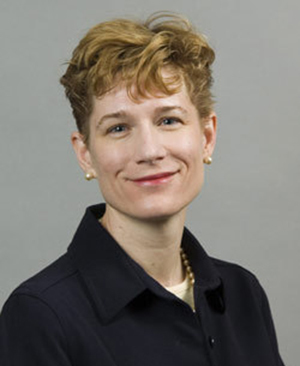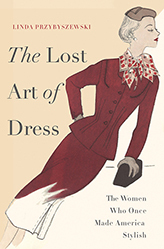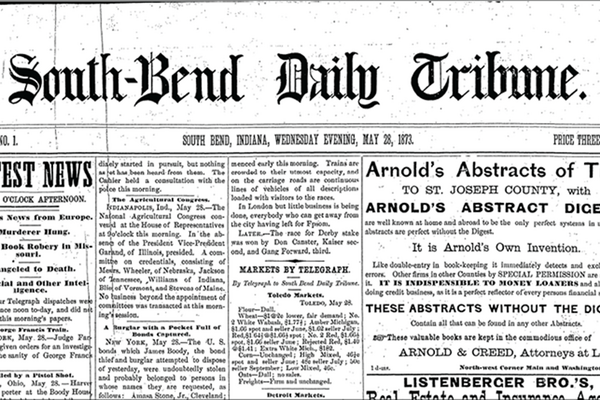 Linda Przybyszewski
Linda Przybyszewski
Notre Dame historian Linda Przybyszewski has been selected as one of the first winners of the National Endowment for the Humanities new Public Scholar Grant Program, which aims to bring the humanities to larger audiences and make scholarship relevant to contemporary life.
“These NEH grants give serious scholars an opportunity to write books the general public is interested in,” Przybyszewski said.
One of 36 academic nonfiction projects to receive funding in 2015, her forthcoming book will tell the story of the Cincinnati Board of Education’s decision to stop Bible reading in public schools and the ensuing court battles that riveted the nation in the late 1860s and early 1870s.
Sharing Her Scholarship
Przybyszewski, an associate professor in Notre Dame’s Department of History and Law School, has long been interested in sharing her scholarship beyond a narrow academic audience. She vividly recalls setting up shop at a Kentucky book fair after her first book published and watching as people perused her offering.
“I saw so many people pick up the book, read the back, and just put it down,” Przybyszewski said. “So, I decided to read the back of the book myself. When I finished, I said, ‘I’d put this book down, too.’”
That book, The Republic According to John Marshall Harlan (1999)—a look at the U.S. Supreme Court justice who defended African American rights in the 19th century and authored the dissent in the notorious “separate but equal” case, Plessy v. Ferguson—received solid reviews. But they all come from places like The Journal of American History and American Historical Review.
Although the subject matter was compelling, Przybyszewski realized that the way her first book was written didn’t resonate with the population at large.
Reaching More Readers
Quite often, Przybyszewski said, historians and other scholars write important papers, articles, and books that simply aren’t digestible for audiences outside academia. That means journalists and others tell the stories that she and her colleagues research.
“I’m not saying that what we as scholars do is unimportant. The decades of work that have been done are relied upon by other scholars and by popular writers,” she said. “But I feel we’ve gotten so far away from writing things that people can read.”
 The Lost Art of Dress
The Lost Art of Dress
Przybyszewski kept that in mind when writing her second book, The Lost Art of Dress (2014), which chronicles the women who taught Americans how to dress “beautifully, efficiently, and thriftily for the 20th century.”
She succeeded, as evidenced by major national coverage and reviews from The New York Times, The Wall Street Journal and NPR’s The Diane Rehm Show, among others.
Characters and Caricatures
Przybyszewski says the topic of her third book, the decision to pull Bibles from public schools, should resonate with readers today—as many are questioning faith’s place in society.
The “Cincinnati Bible Wars” also pitted Protestants against Catholics, she said, at a time when Catholics were considered by many to be “beyond the pale of civilization.” Today, many view Muslims in the wake of 9/11 the same way people looked at Catholics nearly 150 years ago.
“It is astounding how you get these caricatures of different faiths,” Przybyszewski said. “I don’t think people of the past can set our moral agendas, but they can help us to understand the choices we face and what the results may be for some of those choices.”
Przybyszewski will tell the story through the eyes and experiences of many of the participants—complicated people grappling with complex issues as they faced their own questions of faith.
The lead lawyer defending the board of education in its decision to halt Bible readings in school, for instance, may have been the most devout of all the players, having had a spiritual transformation that led him to Calvinism, she said.
Focusing on Writing
Przybyszewski is grateful for the NEH grant, as it will allow her to be on leave in 2016 and focus solely on her writing. She has also received a grant for the 2015-2016 academic year from the Spencer Foundation, which supports research that contributes to the understanding and improvement of education.
It will be a change of pace, she said, as she spent almost every weekend for several years trying to find time to write her second book.
“Getting this time to just sit and write is such a pleasure,” she said.


